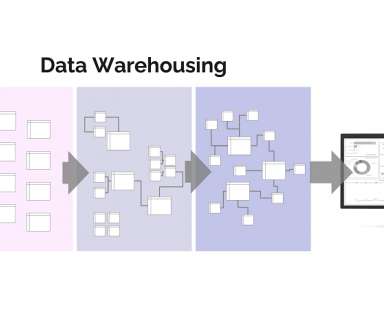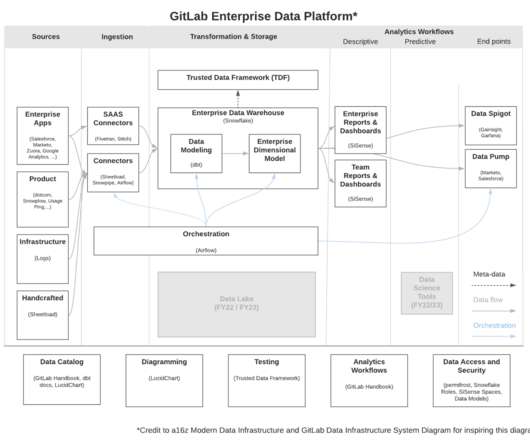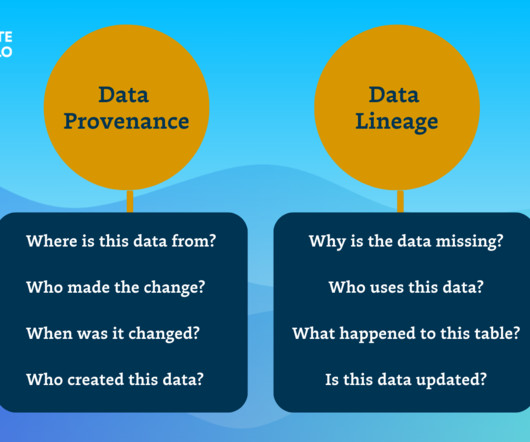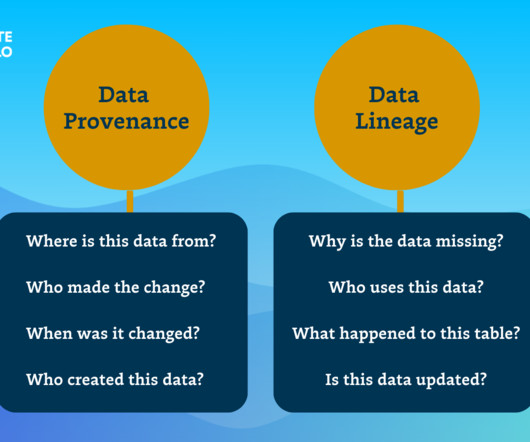Data Warehousing Basiscs
Data Science Blog: Data Engineering
SEPTEMBER 24, 2021
Data Warehousing is applied Big Data Management and a key success factor in almost every company. Without a data warehouse, no company today can control its processes and make the right decisions on a strategic level as there would be a lack of data transparency for all decision makers.













Let's personalize your content